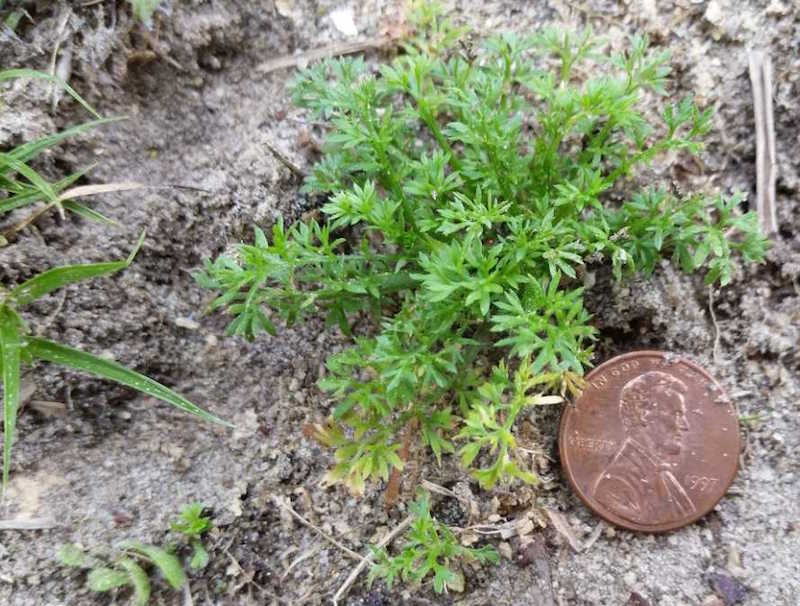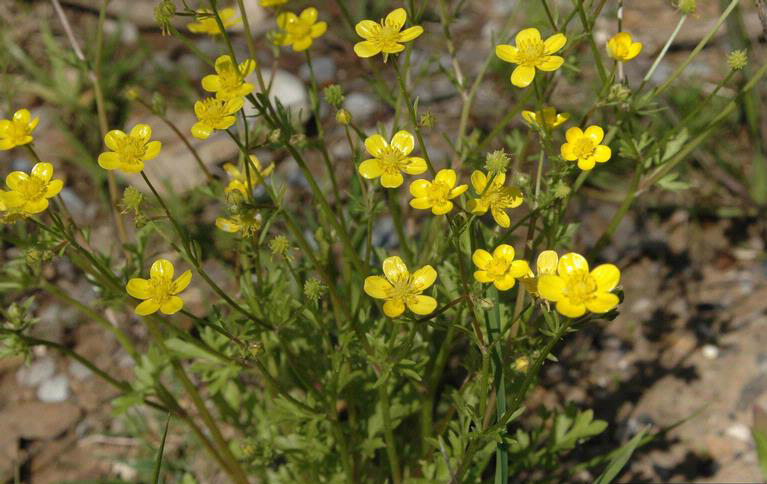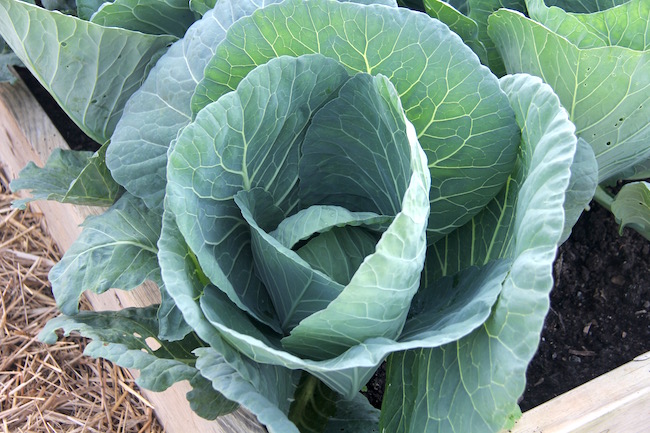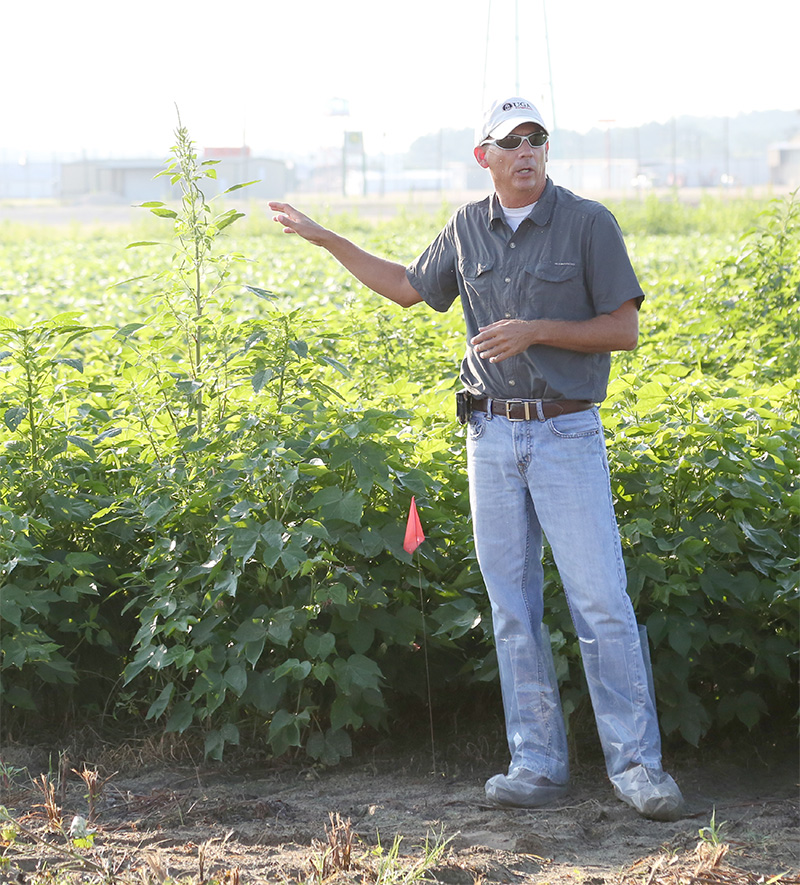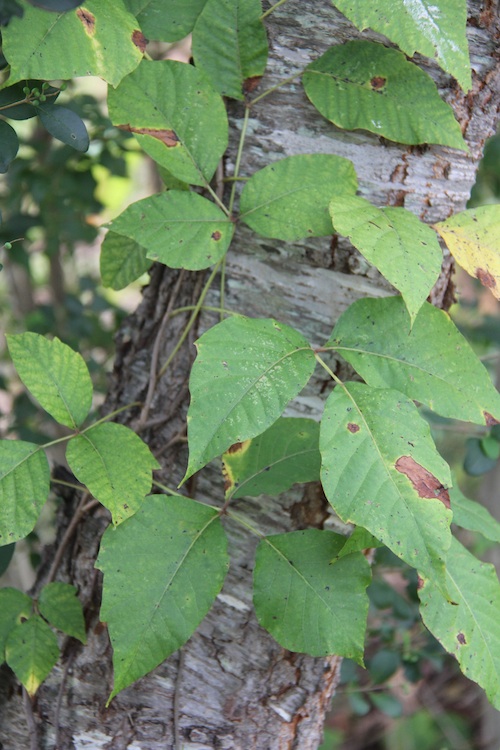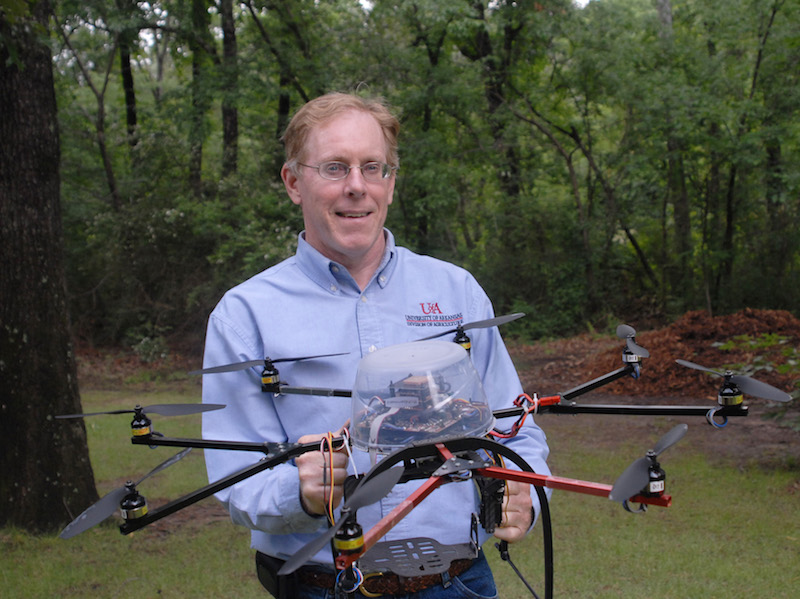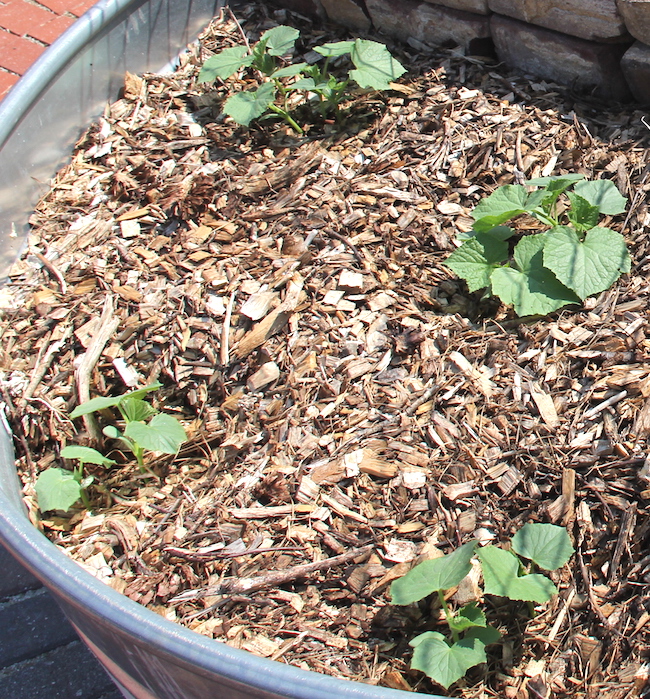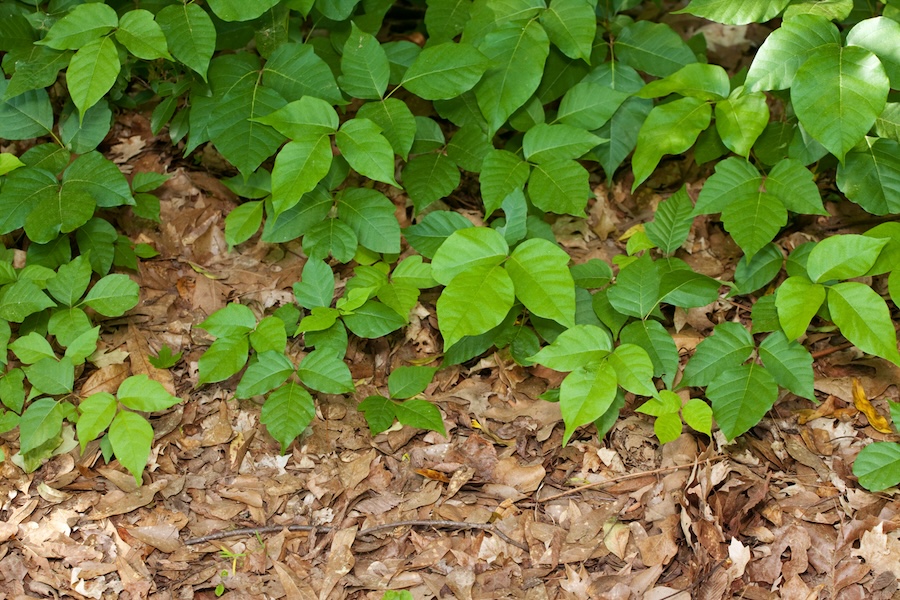 CAES News
CAES News
Poison Ivy
Poison ivy is a common poisonous plant in Georgia and is infamous for causing allergic reactions for as many as 50 million Americans annually. To manage it effectively and safely, it's important to understand its traits and use the right control methods to deal with this troublesome plant. Mark Czarnota, an associate professor in the University of Georgia Department of Horticulture, provides helpful tips to distinguish poison ivy from common look-alikes and shares several ways to control the irritating plant.

